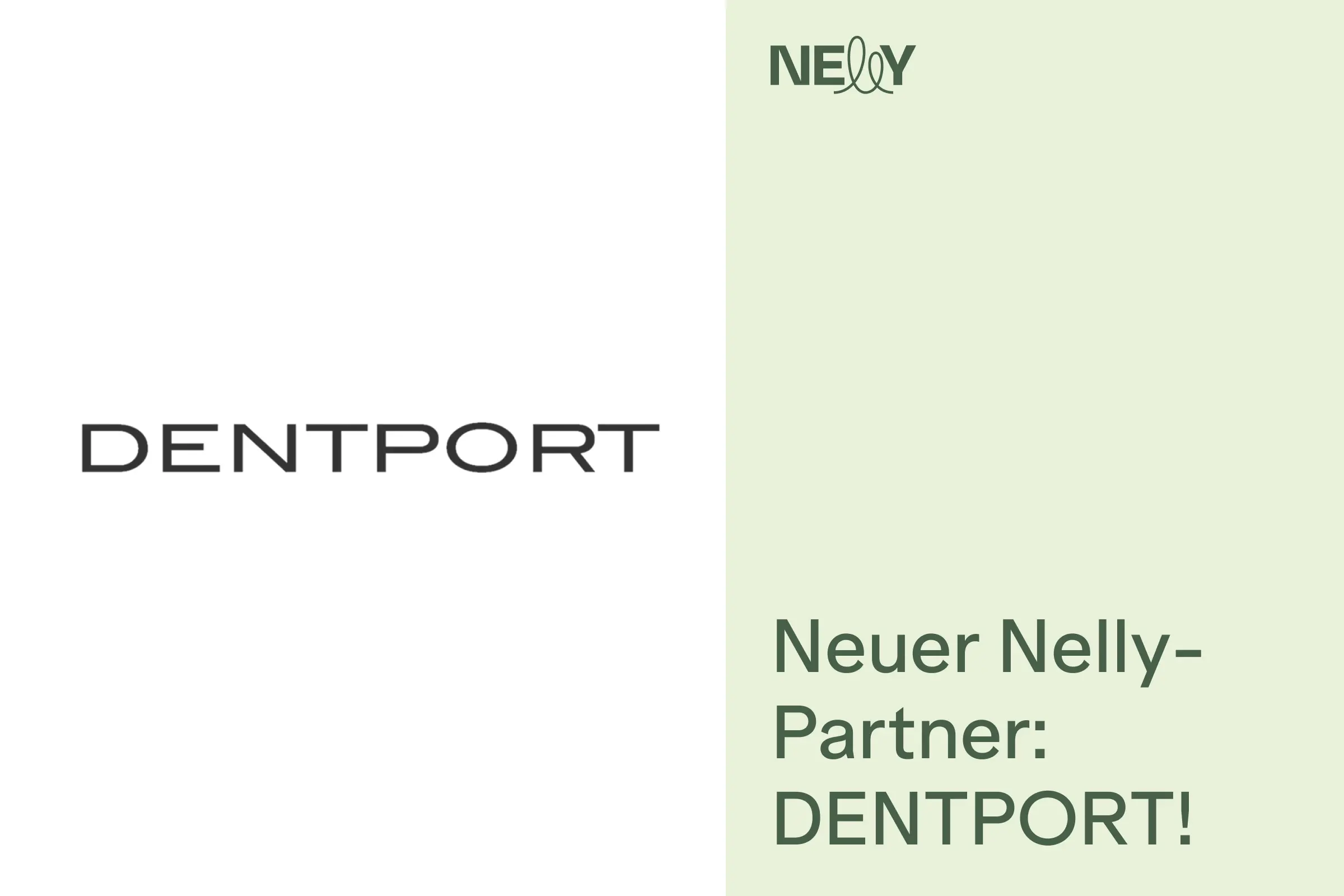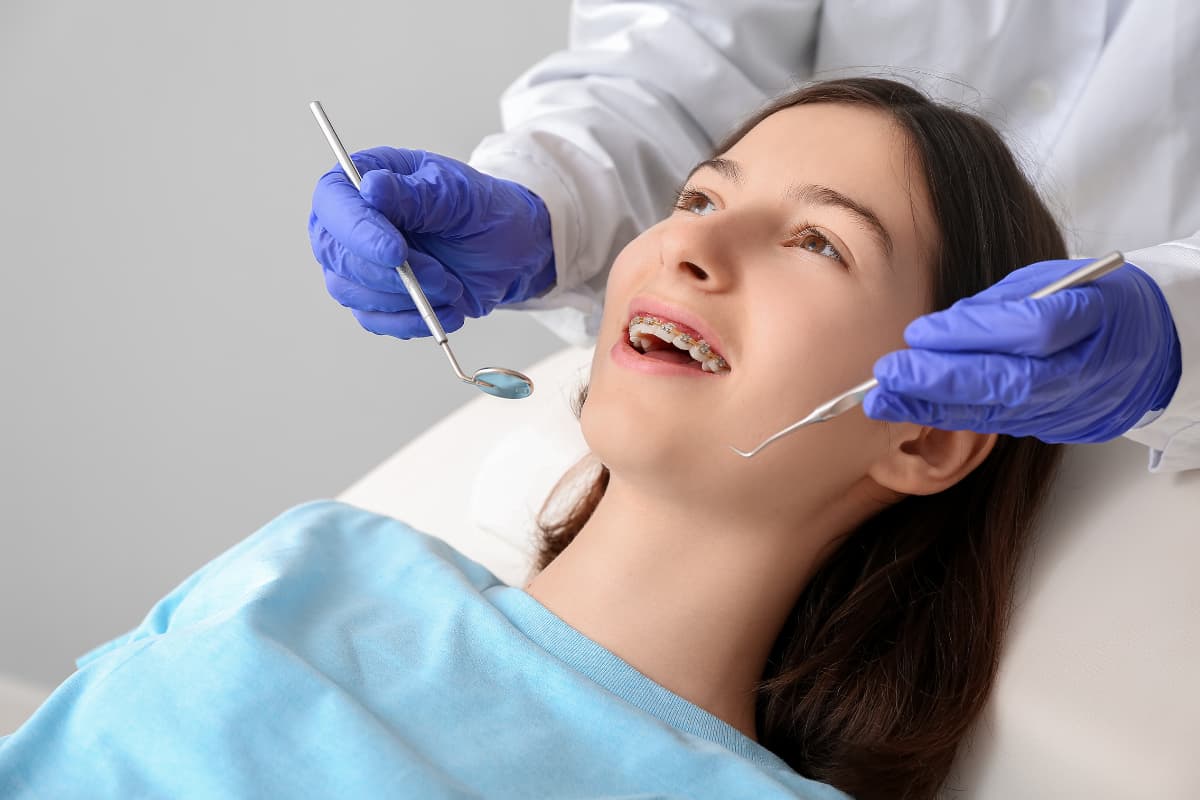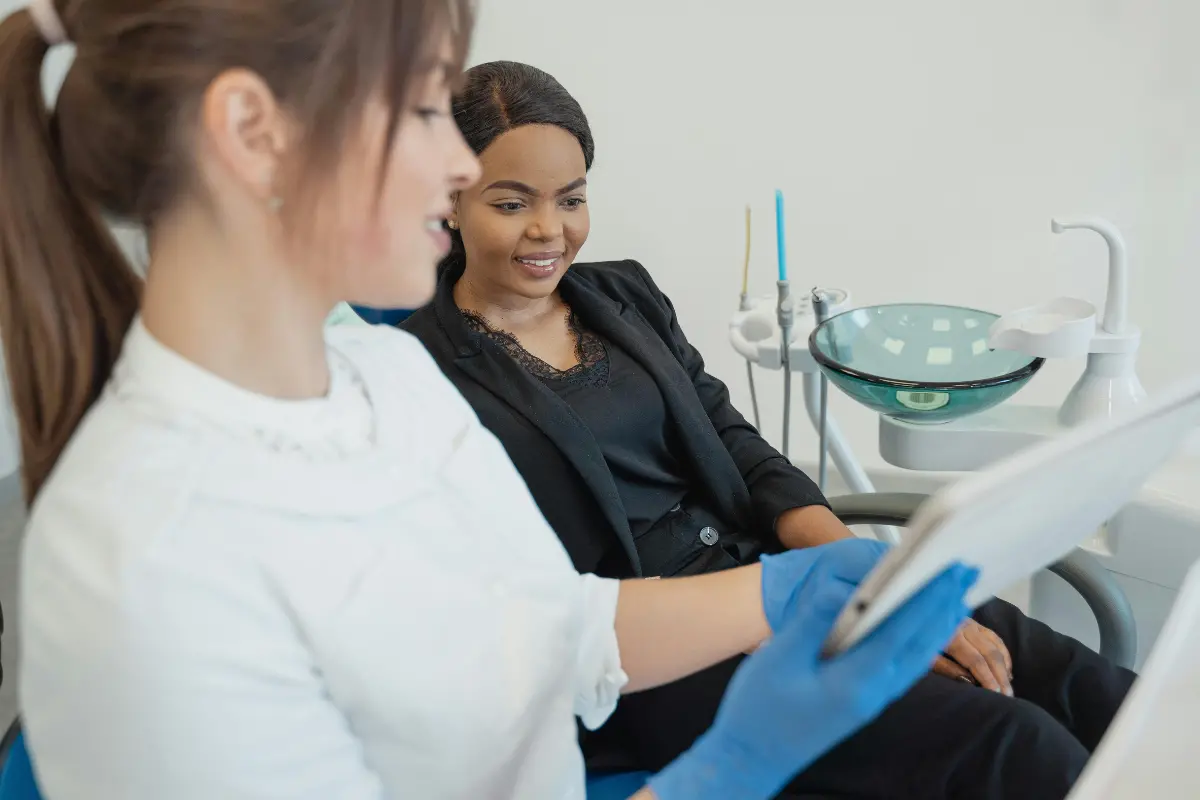The healthcare sector is responsible for around 5.2 percent of greenhouse gases in Germany every year. Even though this percentage may appear low at first, it actually corresponds to 54 million tons of CO₂. This makes it clear that the medical sector must become more sustainable. Medical and dental practices are also in demand here and can actively contribute to protecting our climate.
A study has shown that almost 60 percent of greenhouse gas emissions in an average practice are attributable to medicines and around 20 percent to purchasing. So how can you reduce your environmental footprint in these areas? Here are some tips on how to make a doctor or dental practice sustainable not only to protect the environment, but also to have a positive impact on patients' health and the efficiency of the practice.

Tip 1: Use medication correctly
Medicines are responsible for a large part of CO₂ emissions in medical practices. However, drug treatments cannot usually be completely avoided, as the well-being of patients depends on the drugs. However, it can be very helpful to pay particular attention to two things in order to be more sustainable when using medicines.
Avoid polymedication
Polymedication refers to the long-term use of various medications. However, due to the complex production of drugs, this is a burden on the environment. By regularly reviewing your patients' medication plans and sorting out unnecessary medicines, you can not only avoid over-medication, but also make a contribution to environmental protection.
Dosed aerosol is considered a climate killer
Did you know that prescribing dosed aerosols in your practice has a greater ecological impact than your electricity consumption and heating your rooms? This is due to the propellants used, which are used to inhale drugs and are particularly harmful to the environment. Fortunately, dosed aerosols can often be replaced by more environmentally friendly powder inhalers.

Tip 2: Dispose of your medical waste correctly
But how do you sustainably dispose of inhalers, cartridges and capsules that are no longer required? Proper waste management is a key to promoting sustainability in your dental practice or practice. Even if you are already actively saving resources and avoiding waste as much as possible, it is likely that you will not be able to operate completely in the sense of “zero waste” in your medical practice or dental practice. Due to strict hygiene requirements, it is difficult or impossible to avoid medical waste. For this reason, reprocessing single-use products is not recommended.
You can make a contribution to environmental protection by disposing of your waste properly. Used syringes and other materials potentially contaminated with pathogens must therefore be properly disposed of in compliance with occupational safety and waste legislation. You can find out which rules apply in the”Enforcement aid for the disposal of waste from health care facilities“the federal and state governments. You can also find out more about handling medical waste at Lass-dich-nieder.de Read up.
Tip 3: Reduce consumables
Avoiding waste itself is more effective than just proper disposal. Even though you can make little changes in treatment, the use of materials in practice management can be significantly reduced. Because when you organize your medical practice or dental practice, you have greater influence on environmental protection. Here, you can set the course for resource-saving business management through a conscious choice of materials:
- Reduce the use of disposable materials: Review your habits and question, for example, whether several paper towels are really necessary.
- Pay attention to environmentally friendly packaging: If you need to send parcels, ideally avoid using plastic and styrofoam. There are now many companies that specialize in producing more sustainable alternatives.
- Order in large and refill packs: Instead of having the delivery service come several times, order consumables in larger quantities. This saves CO₂ and reduces the consumption of packaging material.

Tip 4: Take energy-efficient measures
Reducing energy consumption can be achieved by using energy-efficient lighting, programmable thermostats, and energy-efficient appliances. Installing solar panels on the roof can also provide a sustainable energy source for practice.
Also integrate water-saving measures, such as installing water-saving faucets and toilets. Also sensitize employees and patients to use water sparingly by providing informative tips. You can also use public transportation or carpooling by providing public transportation information on your website.
You can also encourage your employees to carpool to work. This significantly reduces the individual CO2 footprint. With this in mind, regularly train your employees in environmentally friendly practices and sustainable behavior. Through awareness-raising campaigns, patients can also be encouraged to adopt sustainable behaviours.
Tip 5: Digitize your practice
Printer paper is also part of the consumables of a doctor and dental practice. There is great potential for savings here — by digitizing your practice, you can act much more sustainably. Therefore, introduce a digital anamnesis, billing and patient communication one. With Nelly, you can easily complete these otherwise resource-intensive processes digitally with just a few clicks.
- Your patients fill out all documents and medical history on their own smartphone and store their payment information.
- Nelly stores all information in the practice management system in accordance with legal and data protection regulations.
- The billing is then automatically initiated by Nelly.

Now you too can create a digital workflow in your practice. Wir advise you without obligation and free of charge to your individual case!
The personal names used in this article always refer equally to all persons. Dual naming and alternate names are omitted in order to improve readability.












